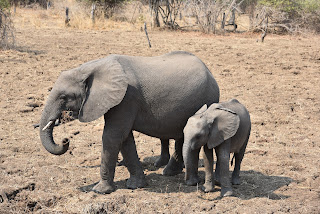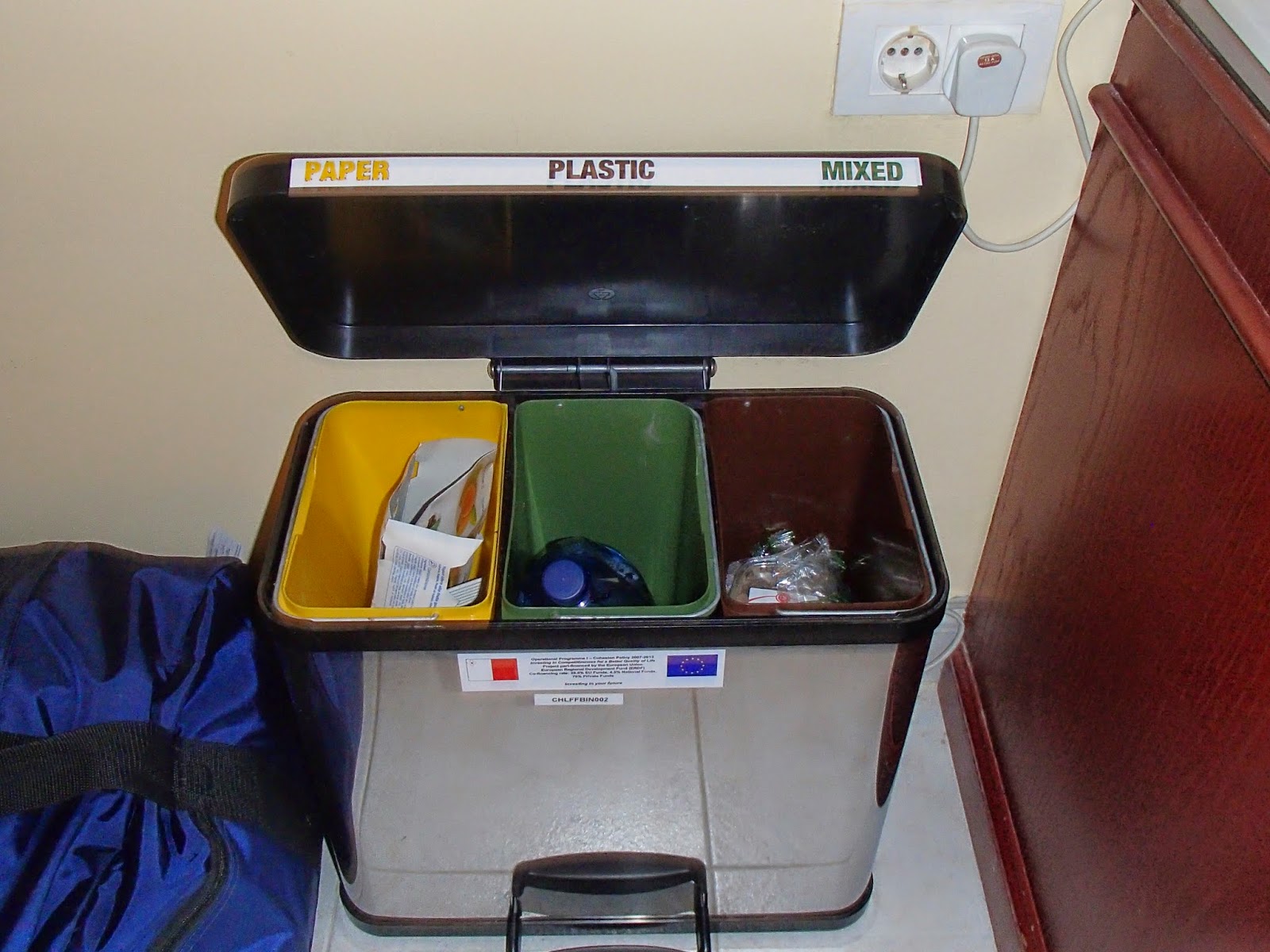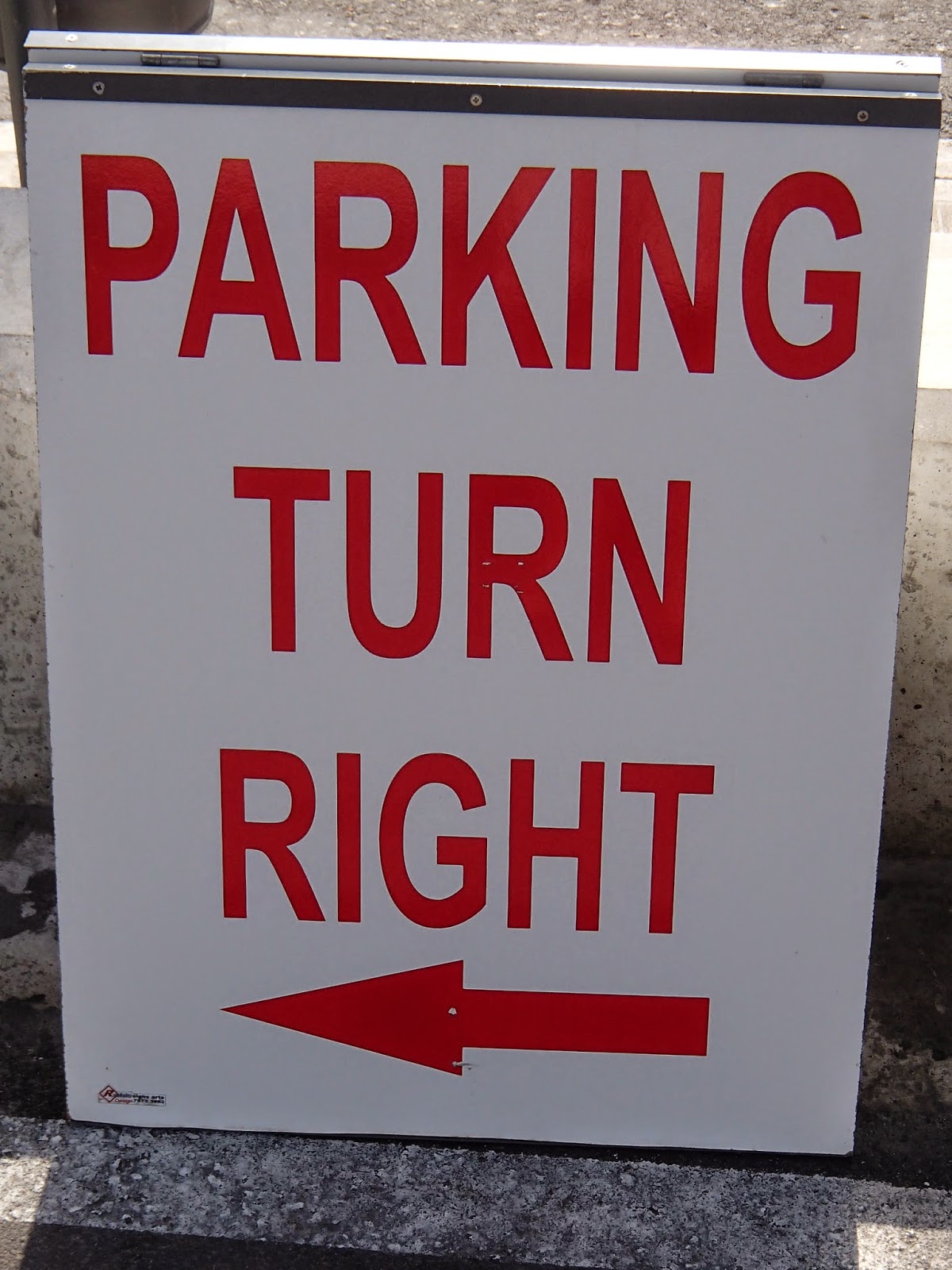Lessons from Zambian Safari
September 13-21, 2019
1.Circle of life
Numerous omnivores feed a smaller number of carnivores.
Carnivores can turn on each other if their is a kill on the land.
Carnivore waste feeds the grass that omnivores eat.
2.Water is life
Arriving at the end of the dry season when the river and all its streams were dry or low, wildlife was easier to find. Where there was water, there was life.
Dry season was when the vine jasmine bloomed filling the dusty dusk with a sweet fragrance.
3. Nature recycles naturally— only thing wasted are large bones and skulls
Hyenas eat bones, their poop is white due to the calcium in the bones they eat. Other animals eat their poop to meet their bodies need for calcium.
Elephants do not fully digest their food- they eat anything with leaves or limbs. Baboons and birds pick through elephant dung to eat undigested seeds.
Hippos, who spend their days in the water sleeping and avoiding the burning rays of the sun, disperse their poop with their tail. The smaller bits feed fish. Crocodiles feed on the fish.
Termites can build 100 year old mounts by eating wood and plant matter. Trees and plants grow next to the termite mounts utilizing nutrients from the termites.
4. Why doesn’t man, the most cognitively gifted animal recycle?
My wish for Zambia is:
They can skip the plastic era of human “advancement”, keeping their land and water free of deadly plastic pollution.
They continue to preserve immense areas of their country. Zambia has 30% of its land in preserves. In Africa, Zambia ‘s Kafue National Park is the 5th largest game preserve, 22,400 sq kilometers. The 15th largest preserve in Africa is the S. Luangwa National Park, with 9,050 sq kilometers, which we were fortunate to experience.
I wonder what my friend, Stefano, who studies young economies like Ethiopia would add to my wish list? A convenient source of water? What else?
Unfortunately, climate change is impacting the region. According to our guide, Joseph, temperatures are getting hotter at the end of the dry season and the big rains at the end of October are not as reliable as they were in the past. Less rain is falling during the wet season.
The people of the village of Mfuwe, near the National Park and Safari Lodge, walk or bike. We did not see Lusaka, the capital of this independent country despite flying into its airport. Lusaka has a little over a tenth of the population of the country within its boundaries. I am uncertain how most of the capital population gets around.
Fuel in the villages is primarily the hard mopani wood used for cooking. Women go out and collect it in groups with crude axes. Small water bottles of petrol were for sale but it seems to be a small market.
Overall, it seems unfair to be dealing with harmful climate changes when you didn’t contribute much to the greenhouse gases that caused it.
The people of the village of Mfuwe, near the National Park and Safari Lodge, walk or bike. We did not see Lusaka, the capital of this independent country despite flying into its airport. Lusaka has a little over a tenth of the population of the country within its boundaries. I am uncertain how most of the capital population gets around.
Fuel in the villages is primarily the hard mopani wood used for cooking. Women go out and collect it in groups with crude axes. Small water bottles of petrol were for sale but it seems to be a small market.
Overall, it seems unfair to be dealing with harmful climate changes when you didn’t contribute much to the greenhouse gases that caused it.
A few facts.
Zambia is about the size of Texas and is a landlocked country- surrounded by 8 countries (Angola,Namibia,Botswana,Zimbabwe,Mozambique,Malawi,Tanzania and the Democratic Republic of Congo.) It is a nation of 17 million people—8 million less than the population of Texas.
The park is named after the Luangwa River that flows through it. A river with the world’s largest concentration of hippos and a major tributary of the Zambezi River. Luangwa, we were told is a type of basket used to catch fish on the river. Despite the risk of hippos and crocodiles, men still fish at night then bring their catch into town to sell.
The sausage tree is a vital food source at the end of the dry season when grass is dry and lacks nutrients. It produces flowers that fall to the ground or are picked off by baboons. Once on the ground, the flowers feed impala. The actual fruit, a elongated pale squash like tube that vary in size are eaten from the tree by giraffe and once fallen of the tree, zebra and hippo gobble them up.




















































